Annual meeting for global tropical research, 13 to 17 November 2024
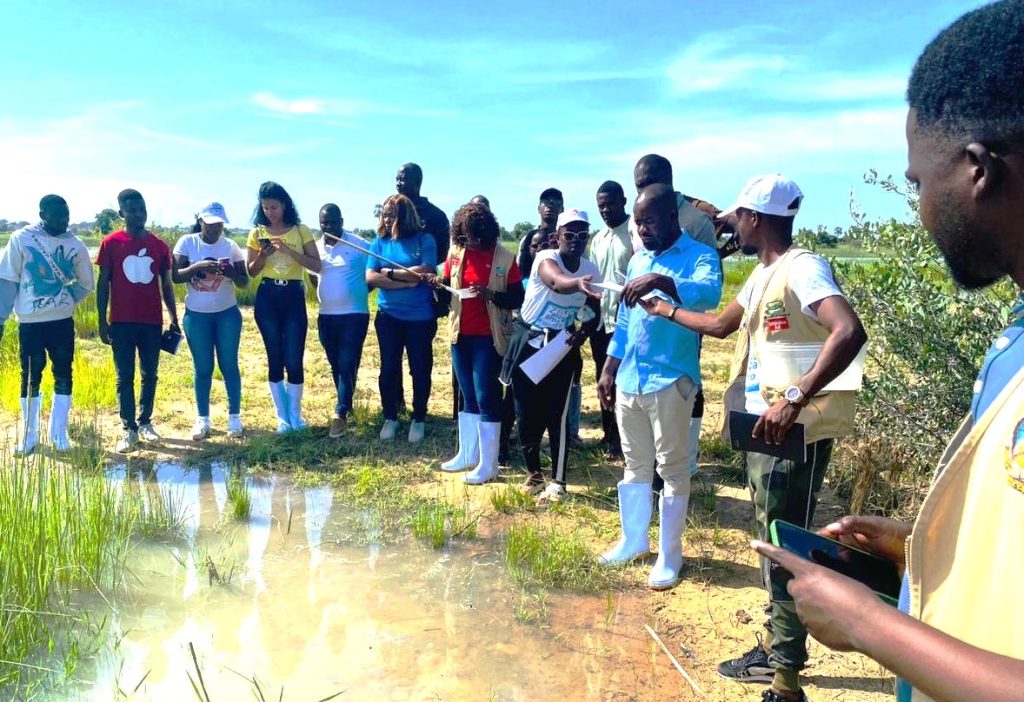
The MENTOR Initiative is back at the American Society of Tropical Medicine and Hygiene (ASTMH) annual meeting sharing insights from our programmes and learning from important research from across the world on tropical diseases management. MENTOR is once again presenting research on a range of topics aimed at showcasing our work in some of the […]
Severe flooding in northern Nigeria increases risk of malaria, pneumonia and cholera
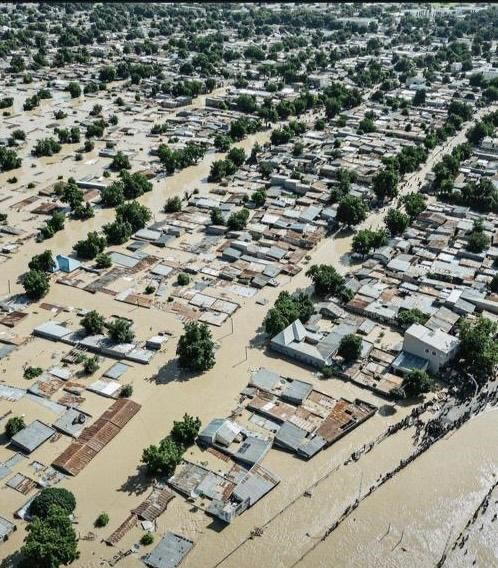
Severe flooding in northern Nigeria due to heavy rainfall has caused widespread destruction and the significant displacement of communities who are already impacted by a food and nutrition crisis, violence and insecurity. Infrastructure such as bridges and roads, and access to essential services such as hospitals, schools and markets have been affected by the floods. […]
New research shows association between malnutrition, malaria and season

A critical association between malnutrition, season and malaria in regions of Central African Republic affected by conflict has been highlighted in a new paper published today in the BMC Medicine Journal. The MENTOR Initiative analysed data from community health workers, Armed Conflict Location and Event Data, and The World Bank Group meteorological data for eight […]
Malaria control in Borno State, Nigeria
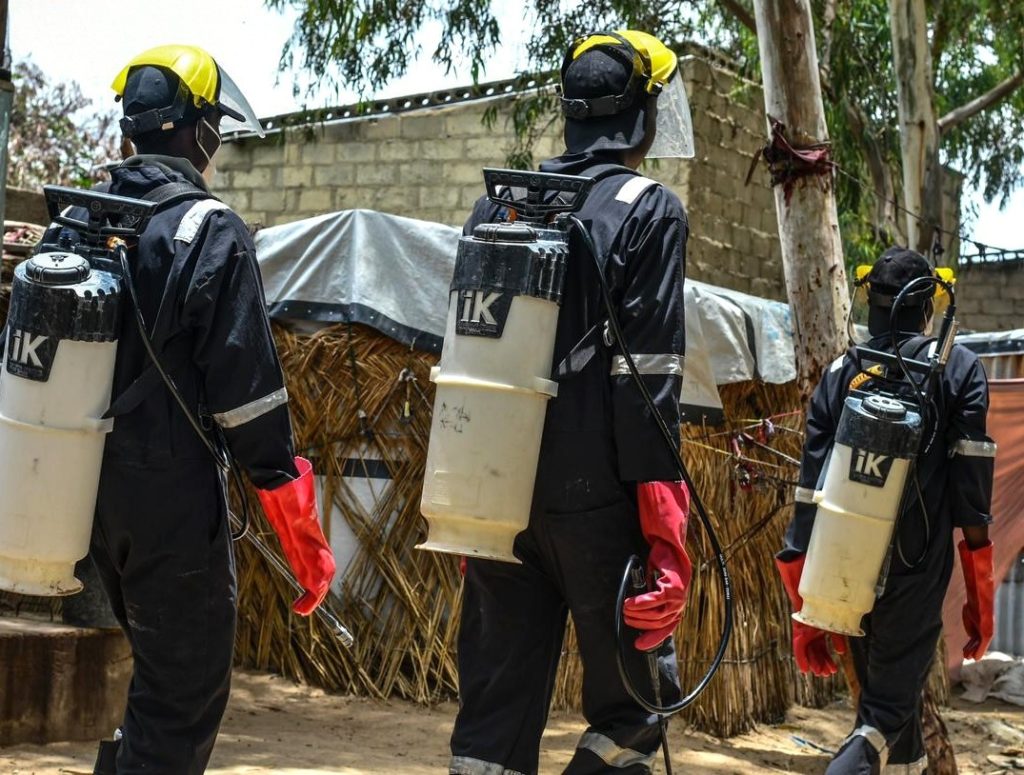
The annual indoor residual spray campaign recently begun in communities affected by conflict in Borno State, Nigeria, addressing the high rates of malaria and the worsening health crisis in the region. Malaria is one of the leading causes of morbidity and mortality in Nigeria with year-round transmission and seasonal peaks experienced during the rainy season. […]
Supporting the national health system in Central African Republic
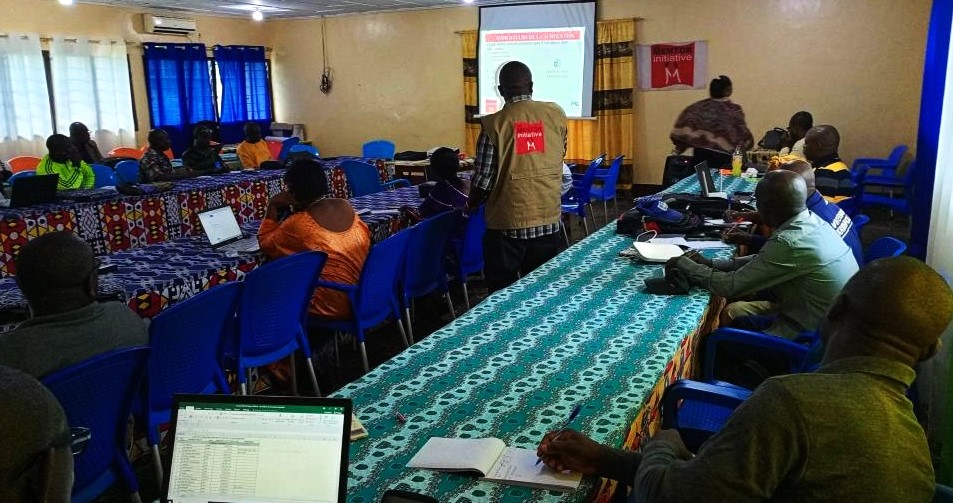
MENTOR is working closely with health authorities in Central African Republic and World Vision to implement a new The Global Fund grant aimed at strengthening the national health system. The grant covers the period up to December 2026 and started with workshops to plan the programme across the country. At a recent workshop held together […]
Water and sanitation interventions to prevent and control mosquito-borne diseases: focus on emergencies
WHO and UNICEF Technical note
On a knife edge: redefining malaria control to save lives

Large-scale vector control is an effective way to prevent the spread of malaria, and to protect people especially those at high risk such as pregnant women and children. But delivering these life-saving activities in humanitarian emergency settings are often extremely challenging. Issues such as insecurity, displacement, and a lack of safe water and sanitation require […]
One year anniversary of war in Sudan

One year on from the start of war in Sudan, millions of people have suffered widespread displacement and violence from airstrikes, bombing, shooting and sexual assault. Sudan is now the largest displacement crisis globally with an estimated 8.6 million people forcibly displaced due to the conflict, which is equivalent to the population of Switzerland. Over […]
Training in southern Angola improves surveillance activities for malaria elimination
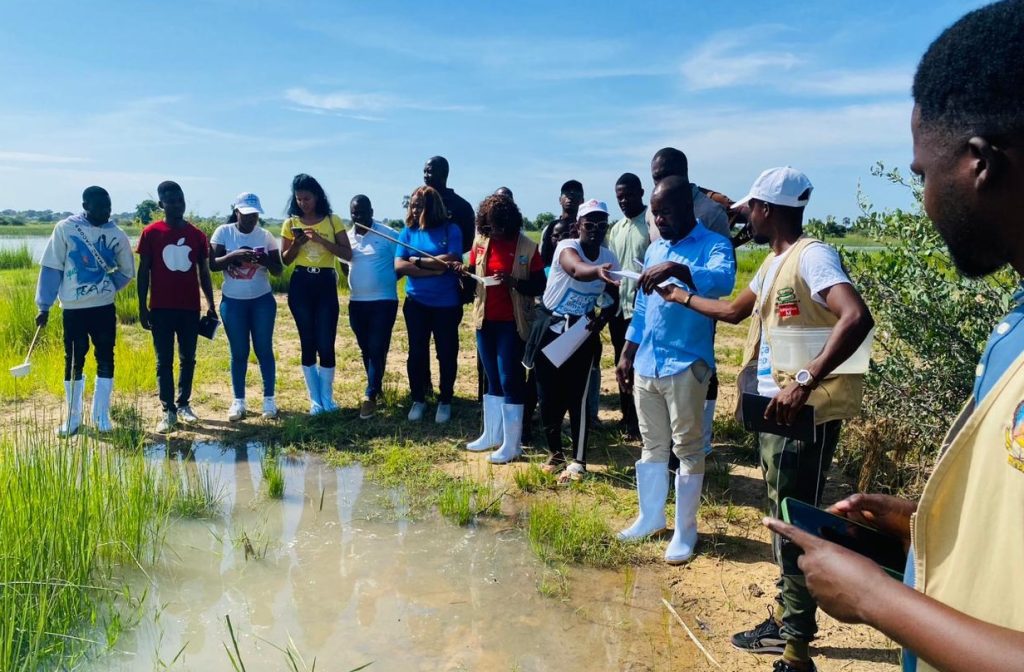
District level training in two provinces in southern Angola was carried out recently to improve malaria surveillance for elimination in this border region. The training covered entomology and vector control elements defined in the Malaria Surveillance for Elimination Manual of Angola NMCP. Training started last week with municipal supervisors and surveillance officers in the local […]
Supporting essential community-based healthcare in northern Mozambique
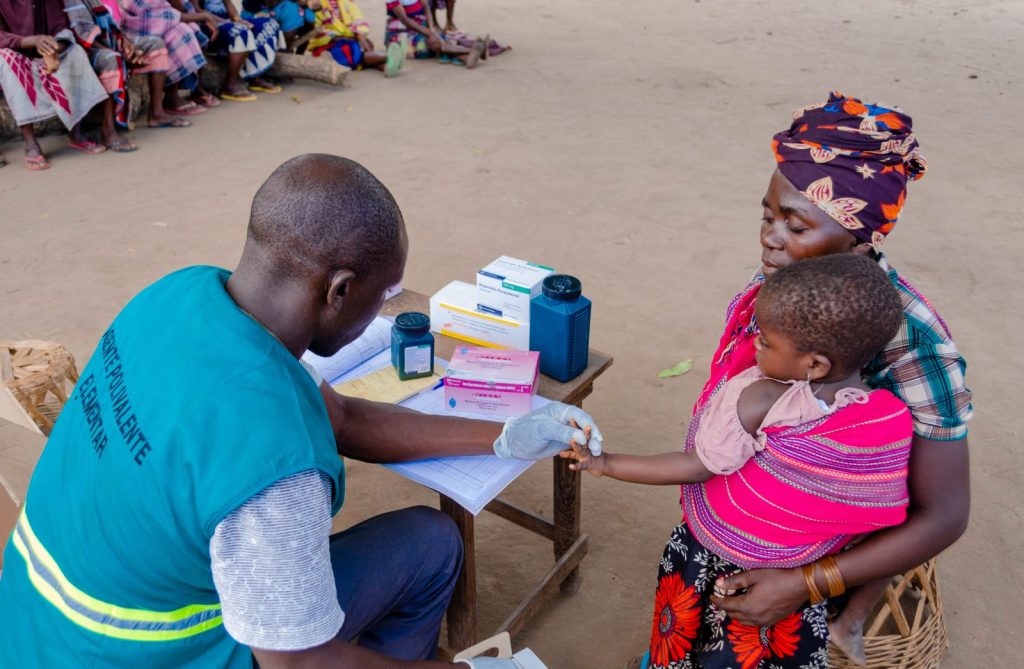
In northern Mozambique MENTOR is supporting a network of 305 community health workers, or Agentes Polivalentes de Saúde (APS), to provide essential and continuous health services to people affected by conflict and violence in the region. In Cabo Delgado Province, more than 800,000 people are estimated to have been internally displaced due to armed conflict […]
